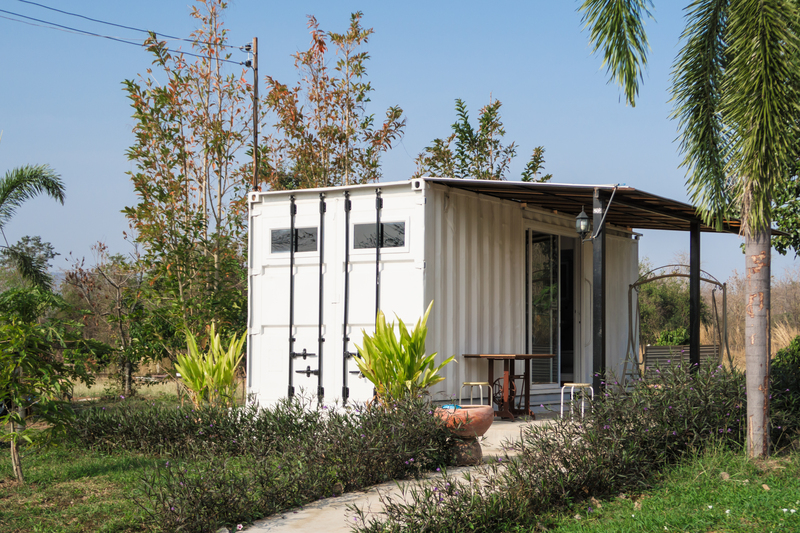Steps to Follow if Waste Collection Missed Your Bin
Waste collection is a crucial service that ensures our neighborhoods remain clean and hygienic. However, there are times when the bin collection service skips your bin, leaving you with unwanted waste piling up. When such events occur, it's important to know how to handle the situation appropriately. Below are the steps to follow if the waste collection missed your bin:
1. Confirm the Collection Schedule
Before leaping to conclusions, verify the waste collection schedule. It's important to check if the day for waste collection has changed due to public holidays or other schedule adjustments. Local councils often update residents about changes through their websites or community notices. Follow these actions to verify the schedule:
- Consult the annual waste collection calendar provided by your local council.
- Visit the official website of your waste management provider for updates.
- Check local community boards or social media groups for announcements.
2. Inspect the Placement of Your Bin
Improper bin placement can sometimes lead to missed collections. Ensure that your bin was placed correctly according to your local guidelines. Consider these tips to properly position your bin:
- Place the bin at the curb: Ensure the bin is properly oriented with the handles facing outward.
- Observe clearance space: Leave enough room around the bin for the collection vehicle's mechanical arms.
- Ensure the lid is closed to prevent waste scattering and access by pests.
3. Check for Possible Errors
Sometimes, simple errors can lead to collection mishaps. These might include:
- The type of waste not matching the scheduled collection (recycling vs. general waste).
- Non-compliance with waste guidelines, such as overfilled bins or prohibited waste items.
_Correct any errors and prepare for the next collection round._
4. Contact Your Waste Collection Service Provider
If you've confirmed the schedule and ensured proper bin placement with no errors, but your bin was still missed, it's time to contact the waste collection service provider.
- Locate the provider's contact information: This is often available on your municipal website or service provider's page.
- Provide your address and the type of waste missed to facilitate quick resolution.
- Inquire whether there has been any collection delay or specific issue in your area.
5. Submit a Formal Complaint or Request
If you encounter frequent issues with missed waste collections, submitting a formal complaint or request might be necessary to establish a more permanent solution.
- File the complaint through the official websites or via email.
- Clearly state: Your problem, the number of occurrences, and any evidence, such as photos.
- Request a follow-up or confirmation of action taken.
6. Manage Overflowing Waste
While awaiting resolution, managing any overflow of waste is crucial to maintain hygiene and prevent pests. Try the following strategies:
- Organize limited waste to reduce volume, such as by compressing recyclables.
- Seek temporary waste disposal alternatives, like neighbor's bins if space is available and consent is given.
- Utilize local recycling centers or waste disposal facilities if able.
7. Stay Updated and Prepared
Regular communication with your waste management service provider helps you to stay informed of any potential future disruptions.
- Subscribe to alert services, newsletters, or social media updates offered by your provider.
- Maintain ongoing communication about unresolved issues to emphasize their importance.
- Develop contingency plans, like shared community waste solutions, for emergency preparedness.
Conclusion
Dealing with a missed waste collection can be frustrating, but by following the outlined steps to address the issue effectively, you can minimize inconvenience and restore regular service promptly. Always ensure your actions comply with local waste management regulations and take proactive steps to stay informed and prepared for future occurrences. With a structured approach, you can maintain environmental hygiene and community cleanliness.

